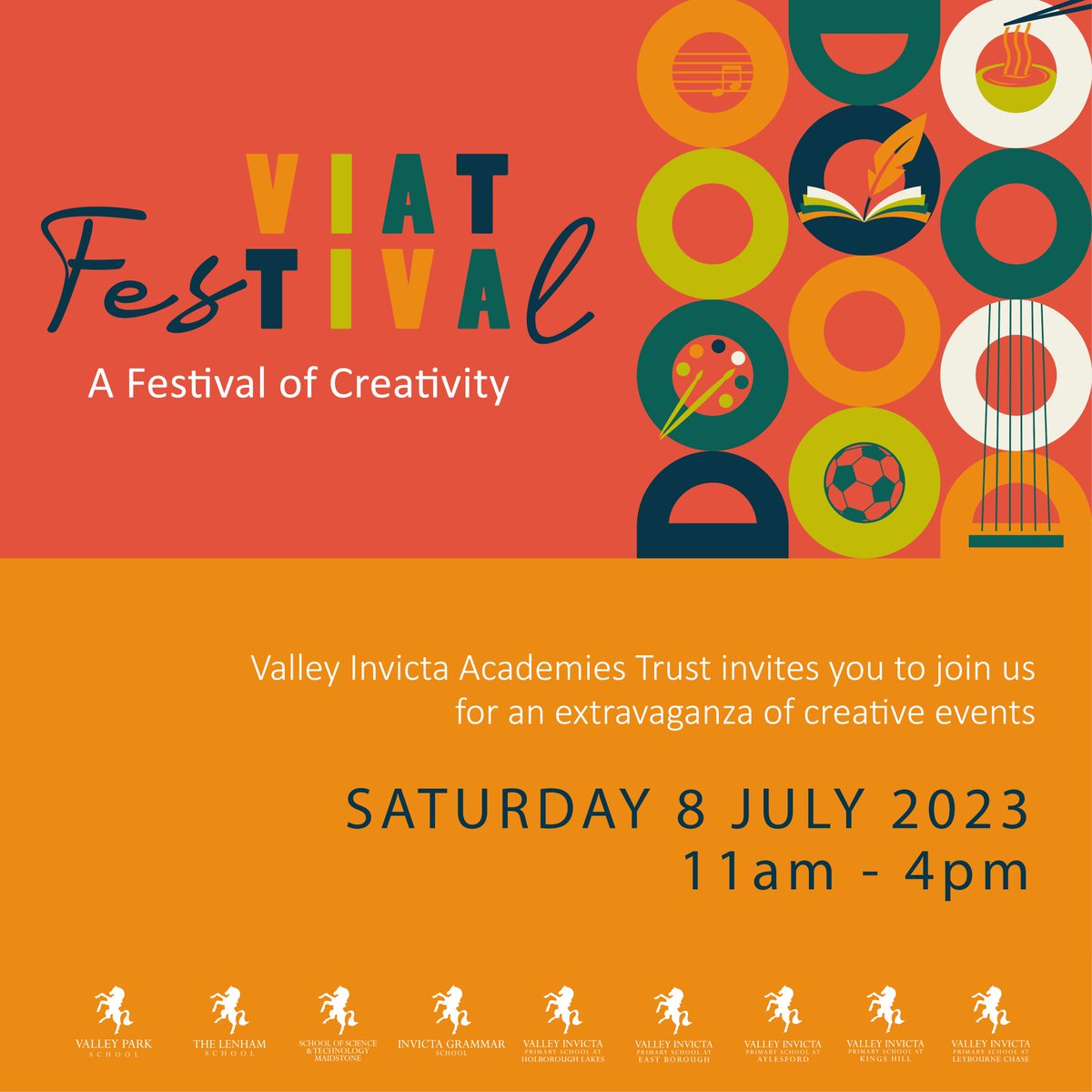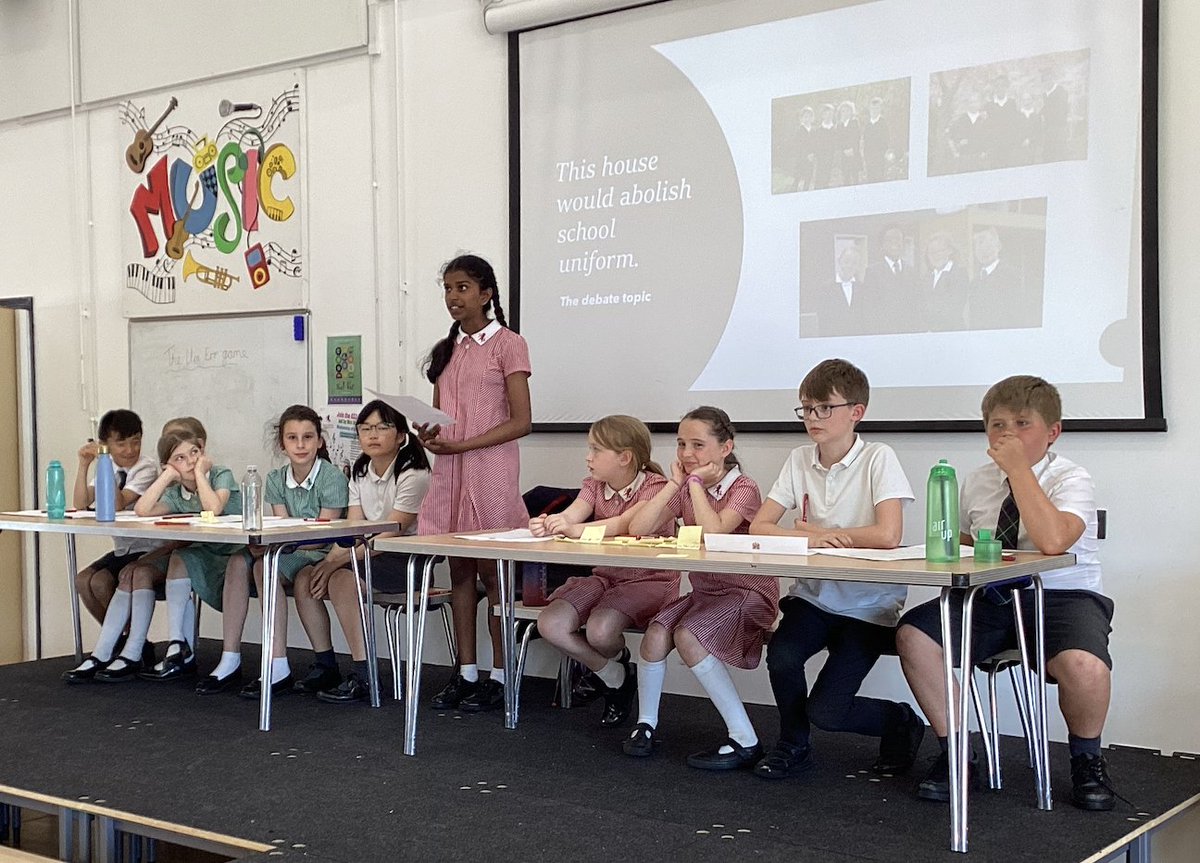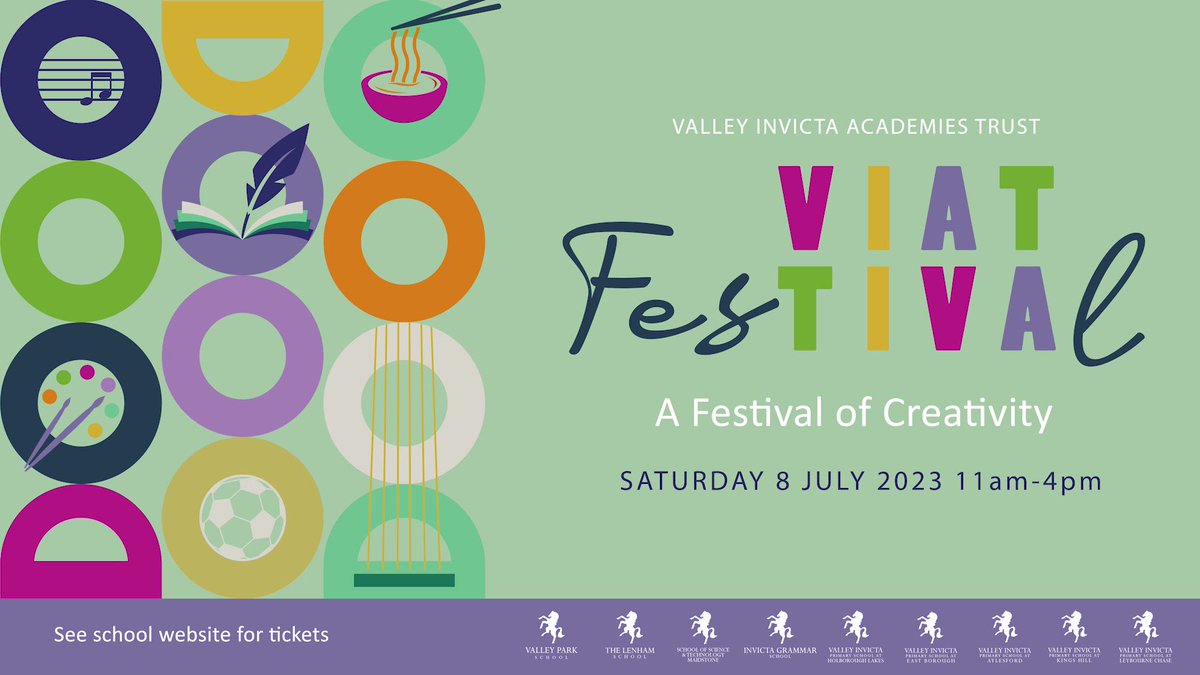Download our FREE smartphone app today!
English
At Valley Invicta Primary School at Holborough Lakes, children from Foundation Stage to Year 6 are provided with many opportunities to develop and apply their speaking, listening, reading and writing skills across the curriculum.
We intend for pupils to be able to speak, read and write to a high standard to enable them to reach their full potential in the world of work and as Global Citizens. We consider reading to be the key to success and place huge importance and emphasis on the teaching of reading and on nurturing a life-long, love of reading.
Children at Holborough Lakes are exposed to a diverse, exciting and stimulating array of literature that encourages children to question, consider, wonder and learn about other people, issues and places, as well as themselves. They are taught how to use this knowledge and their growing vocabulary and informed opinions to write in a range of genres and for different purposes and audiences. They plan, revise and evaluate their writing. To be able to do this effectively, we focus on developing effective transcription and effective composition. We intend for pupils to leave school being able to use fluent and legible handwriting.
Teachers show pupils how to understand and remember spelling rules, the relationships between words and how to understand nuances in meaning. Children learn to develop their understanding of, and ability to use, figurative language. Pupils are also taught how to work out and clarify the meanings of unknown words and words with more than one meaning. Children at Holborough Lakes learn to control their speaking and writing consciously and to use Standard English.
Curriculum Intent, Implementation and Impact 1
Intention 1:
To build an English curriculum which develops learning and results in the acquisition of knowledge and skills so that all pupils know more, remember more and understand more. To design a curriculum with appropriate subject knowledge, skills and understanding in Speech and Language, Reading and Writing as set out in the National Curriculum so that children can know more, remember more and understand more to help them reach and exceed their potential at Holborough Lakes Primary School and beyond.
Implementation:
National Curriculum Programmes of Study and Scheme of Work
- English is planned for, following the EYFS Framework and KS1 and KS2 school curriculum.
- English is planned for using high quality texts to engage and stimulate
- Whilst the National Curriculum forms the foundation of our curriculum, we make sure that children learn additional skills, knowledge and understanding and enhance our curriculum as and when necessary.
Impact:
Children will make at least good progress in Reading, Writing and Speaking and Listening from their last point of statutory assessment or from their starting point in EYFS. Children will use their English knowledge and skills, in all curriculum areas, to enable them to know more, remember more and understand more.
Curriculum Intent, Implementation and Impact 2
Intention 2:
To build a curriculum which develops a love of reading to help pupils know more, remember more and understand more. To design a curriculum which has reading at its core across all curriculum areas. Through choosing quality texts, we intend to develop a love of reading and allow children to recognise the pleasure they can get from books. Our children develop an understanding that reading allows them to discover new knowledge, revisit prior knowledge and understand more about what they learn, fuelling their imagination for ideas to use in their own work.
Implementation:
Phonics
- The systematic teaching of phonics has a high priority throughout Foundation Stage and Key Stage 1 using Read Write Inc. Phonics is taught daily to all children in Foundation Stage, Year 1 and those in Year 2 who have not passed phonics screening in Year 1. Phonics interventions are arranged to support children in KS2 that are not yet fluent.
- Staff systematically teach learners the relationship between sounds and the written spelling patterns, or graphemes, which represent them. Phonics is delivered in ability groups to enable precision teaching at an appropriate pace. These groups are regularly assessed and changed according to progress.
- Children not making expected progress are quickly identified and given additional phonics input in the form of repeated lessons and additional home support.
- In EYFS and KS1, pupils are given reading books which closely match the phase of phonics that they are currently working within.
Reading
- Reading forms the core of our curriculum. All children read and are read to so that they develop a love of reading. A variety of schemes are available for children to choose from. When reading is considered fluent, children access our Accelerated Reader program (AR). Regular assessments are used to determine a Zone of Proximal Development (ZPD) to ensure that children choose from a selection of texts with appropriate challenge. Online quizzes are completed by children to assess their understanding of, and engagement with, the text.
- Reading Scheme – our school uses a range of different reading schemes to provide a wide variety of appropriate quality texts for children to read, covering all genres.
- Thirty-minute reading `lessons are taught every day using a range of cross-curricular fiction, non-fiction and poetry. Teachers use high quality texts to enrich and develop vocabulary, model reading and improve fluency, comprehension and to promote a love of reading.
- Home Reading – all children are expected to read at home at least 5 times a week. This is carefully monitored by teachers to ensure that children are getting the practice they need to enable progress towards fluency.
- Reading Areas - All classrooms have inviting class reading areas with subject specific books and other age-appropriate reading for pleasure books.
- Library – Children visit our well-stocked library to choose books from our AR collection.
Impact:
Children will have a love of Reading and make at least good progress in Reading. Children will use their Reading skills as a key tool in helping them to learn, and as a result, know more, remember more and understand more.
Curriculum Intent, Implementation and Impact 3
Intention 3:
To provide opportunities across all curricular areas for the development and application of Speaking, Listening and Writing skills to help all pupils know more, remember more and understand more. To design a wider curriculum that provides regular opportunities for pupils to use and apply the reading, writing and spoken language skills they have acquired from the English Curriculum.
Implementation:
Language
- We promote a language rich curriculum that is essential to the successful acquisition of the written and spoken word across the curriculum.
- The development of speech and language is identified as one of the most important parts of our school’s early years curriculum.
- The promotion and implementation of tiered language across the curriculum provides the tools for children to make links across the subjects so that they know more, remember more and understand more.
- Pupils are given a wide range of opportunities to use and develop their Speaking and Listening skills to aid them with the writing process across all areas of the curriculum.
Writing
- Teachers plan writing linked to high quality reading texts and ensure the coverage of key objectives in grammar which build competency. Opportunities to write for a real purpose/for a real audience are planned and links to the wider curriculum are made when doing this.
- At Holborough Lakes, we use the Teaching Backwards approach to teaching writing using modelled texts.
- Writing is marked against clear steps to success and assessed and next steps identified by the teacher and also through self and peer assessment. We assess writing using exemplars identified by VIAT.
- Each year group refers to our Skills and Progression document to ensure coverage.
- School has a presentation agreement that all children and staff adhere to. Excellent presentation is expected and celebrated.
- Phonics/spelling is taught daily using Spelling Shed resources and rules. Children are also expected to learn spelling rules and patterns at home for weekly spelling tests.
Impact:
Children will be able to produce effective written work of a similar standard in all areas of the curriculum which evidences good progress and outcomes in attainment.
























